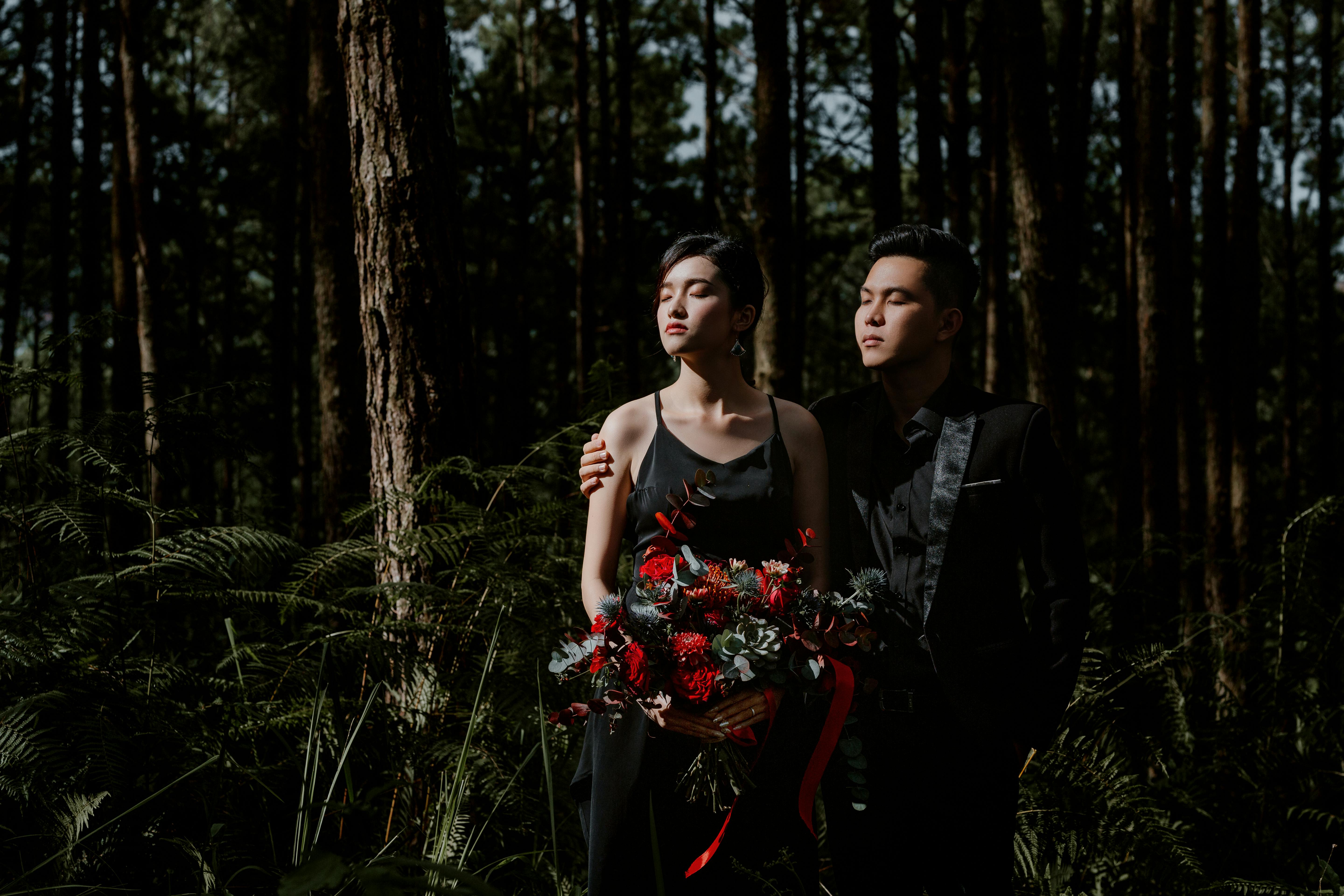Acne vulgaris on the face, back, and chest respond well to many conventional therapies, for example benzoyl peroxide. But this can be improved with anti-inflammatory agents like honeysuckle flower / herb. Herbs are gaining a lot of credibility in medicine and growing research shows that they are beneficial in treating acne vulgaris. Flower extract has been known for many years to be helpful in inflamed skin conditions, particularly acne vulgaris.
The inflammatory response to acne is an intricate series of reactions including the activation of white blood cells, the increase in immune system chemicals such as complement and cytokines, and the production and release of inflammatory mediators and prostaglandins. Inflammation can be acute or chronic and fluctuate depending on the course of the disease. Herbal treatments, such as honeysuckle, work by reducing or suppressing inflammation.
Honeysuckle is very useful in the treatment of acute illnesses, infections and inflammations. Several popular Chinese formulas contain this honeysuckle herb. Because it is a naturally occurring antibiotic, honeysuckle can also be used to control infections caused by staph or strep bacteria. Honeysuckle should ideally be used for acute conditions and is not intended to be used in the treatment of long-term illnesses.
Honeysuckle is also effective in treating internal infections, but is conventionally used externally for acne and irritation and eczematous skin infections. Honeysuckle has been found to be helpful in alleviating rashes ranging from skin conditions. For these types of skin conditions, honeysuckle is ideally used as a topical compress. For small cuts and bruises that can become infected, an infusion of honeysuckle can be applied externally. It is in the treatment of skin infections that the long stems of honeysuckle are used.
As an alternative, treatment with honeysuckle cleanses and detoxifies the blood, and acts as an anti-fever, it is unknown how it reduces fever with its same cooling effects. Japanese honeysuckle is best used for ailments such as a sore throat, red puffy eyes, and throbbing headaches.
Preparations
You can take three teaspoons of infusion of leaves and flowers orally three times a day. For skin irritation, honeysuckle should be made into a poultice and applied externally to the skin on a cotton pad. When the honeysuckle flower is prepared in capsule form, it can be taken from 11 to 18 g per day. It is suggested that both oral and topical preparations be used. Users of the herb report a slight tingling of the skin and then a slight feeling of glow. The limited medical research that has been conducted shows that the chemicals in the herb have mild antiseptic and antibacterial action along with reducing inflammation.
The herb can be applied to individual spots or areas of inflamed spots. The effects are quite dramatic and can reduce a lot of inflammation overnight. Honeysuckle preparation can be obtained online or at any herbalist.

